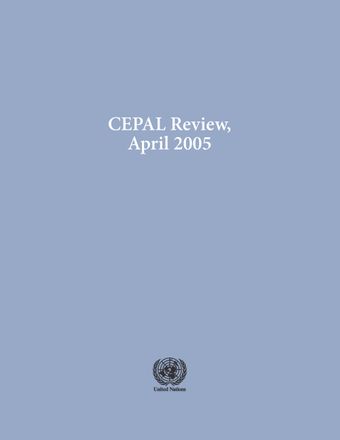-
Systemic governance and development in Latin America
- Source: CEPAL Review, Volume 2005, Issue 85, 7月 2005, p. 33 - 49
- 西班牙语
-
- 31 7月 2005
Abstract
The capacity of political regimes to formulate and implement policies in the common interest appears to be a crucial factor of development. Public institutions in Latin America are often characterized by a lack of common interest orientation. As a result, most countries of the region are ill-prepared to meet the challenges of global market integration and knowledge-based development. Two approaches have been particularly influential in linking institutions to economic development: the good governance approach, originally put forward by the World Bank, and the systemic competitiveness approach introduced by the German Development Institute. Drawing on insights from both concepts, this paper presents a framework for the assessment of reform blockades and propensities in given political systems. This is the “systemic governance” approach, and it focuses on the capacity to generate and implement decisions in the common interest at all levels of the political system. In order to promote second-generation adjustment reforms, the systemic character of governance has to be grasped.





